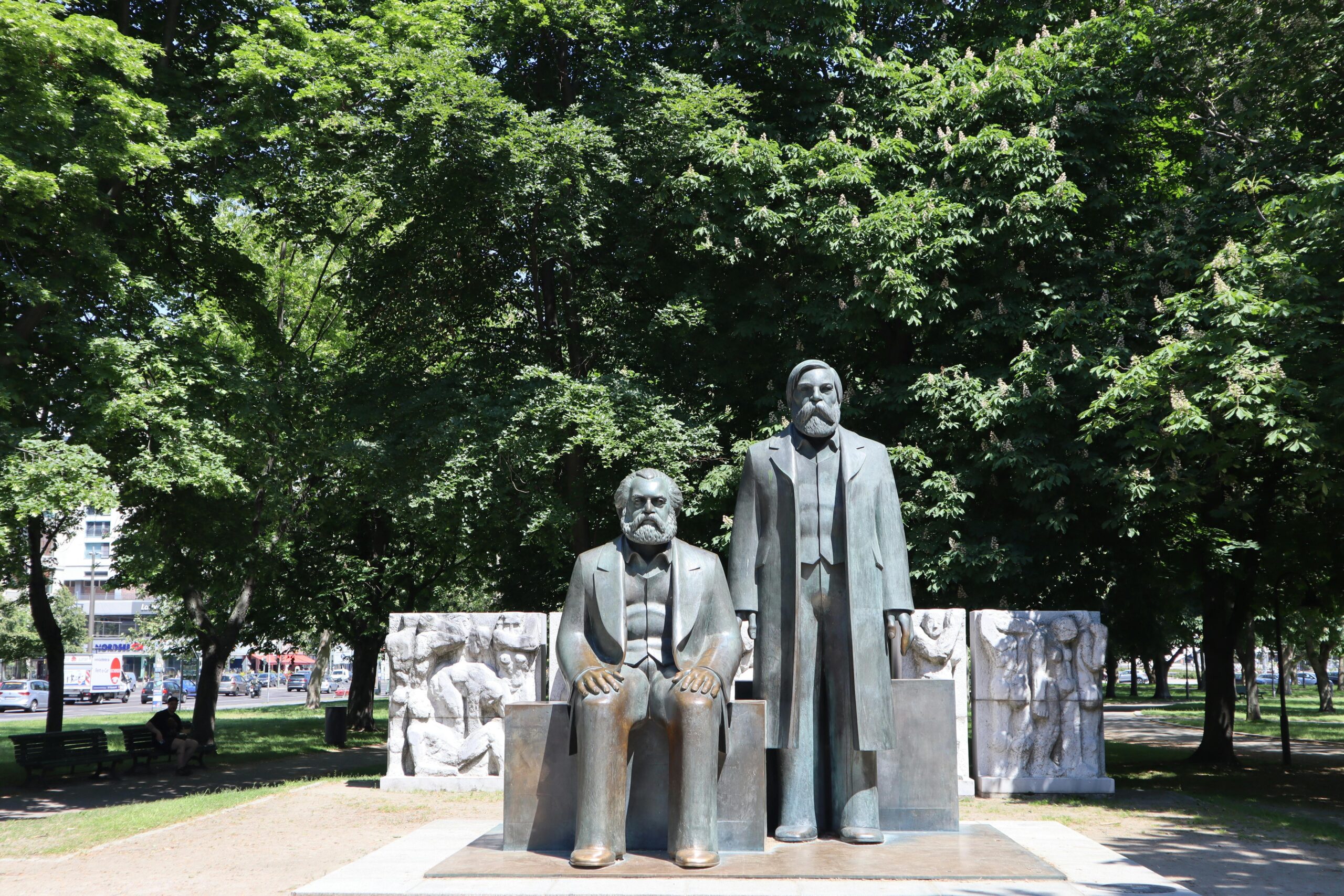In an age where gender roles are being redefined, masculinity is often treated as either irrelevant or problematic. But what if there is a deeper, timeless quality—manliness—that plays a crucial role in society, politics, and the human condition?
In Manliness (2006), Harvard political philosopher Harvey C. Mansfield sets out to resurrect a concept he believes has been dismissed prematurely. Blending philosophy, political theory, literature, and cultural commentary, Mansfield offers a provocative argument: manliness is a virtue, albeit a flawed and dangerous one, and society has made a grave mistake in discarding it wholesale.
Let’s dive into what Mansfield means by “manliness,” why he believes it matters, and how his work challenges both feminists and traditionalists alike.
📘 What Is “Manliness”?
Mansfield opens with a clear and concise definition:
“Manliness is confidence in a situation of risk.”
It is not mere machismo or aggression, nor is it the physical strength or domination often associated with the word. Instead, manliness is a character trait—a combination of boldness, assertiveness, and the willingness to face uncertainty with resolve.
It is most visible in moments that require courage, leadership, or action without the assurance of success. Think of a soldier going into battle, a whistleblower confronting power, or an entrepreneur taking a leap into the unknown.
Manliness, in this sense, is a virtue of action in the face of ambiguity.
🧠 The Philosophical Core: Nature, Virtue, and Gender
Mansfield’s approach is steeped in classical political philosophy. Drawing on thinkers like Plato, Aristotle, Nietzsche, and Machiavelli, he argues that manliness is rooted in human nature and is not simply a social construct.
He contrasts manly virtue with gender neutrality, which he sees as the dominant ideal of our time. Modern liberalism and feminism, he contends, tend to treat gender differences as superficial, preferring to blur distinctions between the sexes in the name of equality.
Mansfield doesn’t reject equality—but he warns that flattening gender differences can come at the expense of virtues like honor, pride, risk-taking, and leadership. He views manliness as something that can be cultivated, refined, and restrained, but not eliminated without consequences.
🏛️ Manliness in Political Life
Manliness, according to Mansfield, is essential in political leadership and statesmanship. Democratic societies often require leaders who can act decisively, take responsibility, and rally others—qualities traditionally associated with manliness.
He cites historical figures such as:
- Theodore Roosevelt – a paragon of energetic leadership and masculine vigor.
- Winston Churchill – embodying courage and fortitude in the face of existential danger.
- Machiavelli’s Prince – a figure of bold political action.
In Mansfield’s view, political life cannot be governed by bureaucratic neutrality or endless negotiation alone. It often demands the assertion of will, especially in times of crisis.
👨👩👧👦 Gender Roles and the Rise of the Gender-Neutral Society
A significant portion of the book critiques gender-neutral ideology, especially in academia and public life. Mansfield argues that the feminist project has gone beyond seeking equal opportunity and has sought to redefine human nature itself, often downplaying traits historically associated with men.
He suggests that manliness is out of fashion, partly because its darker sides—violence, arrogance, patriarchy—have been so visible and damaging. But instead of correcting or civilizing manliness, modern society has tried to erase it, which he sees as both unrealistic and undesirable.
He insists that manliness is not exclusive to men—but that men tend to exhibit it more often, due to natural differences in disposition and biology. However, women can also be manly in this philosophical sense—he cites Margaret Thatcher as a prime example.
🗡️ The Dual Nature of Manliness: Dangerous but Noble
Mansfield is not an uncritical admirer of manliness. He acknowledges its flaws:
- It can become reckless and domineering.
- It may breed excessive pride or aggression.
- It is prone to conflict and a disregard for compromise.
But rather than condemning manliness altogether, Mansfield proposes that its excesses should be shaped and moderated—not denied. Manliness, like ambition or love, is a powerful human trait that needs cultivation rather than suppression.
🎭 Manliness in Literature and Culture
Mansfield draws heavily on literature to illustrate the meaning and impact of manliness. He explores characters like:
- Achilles and Odysseus in Homer – courage and cunning
- Shakespeare’s Henry V – leadership and honor
- Hemingway’s heroes – stoic, understated masculinity
These figures are not perfect, but they represent ideals of manly virtue—and their absence in modern storytelling, Mansfield argues, reveals a cultural unease with masculinity itself.
🛠️ The Crisis of Manliness Today
Mansfield suggests that Western society faces a crisis of manliness:
- Boys are underperforming in education.
- Masculinity is often treated as toxic or obsolete.
- Many men feel directionless in a society that no longer celebrates their traditional roles.
Rather than calling for a return to rigid gender roles, Mansfield argues for a rediscovery of manliness as a virtue—one that should be respected, refined, and incorporated into a balanced view of human excellence.
🧭 Final Thoughts: A Call for Complexity
In the end, Manliness is not a manifesto but a philosophical reflection. Mansfield doesn’t call for a return to patriarchy or male dominance. Instead, he invites readers to reconsider a forgotten virtue, to examine why it fell out of favor, and to ask whether our society has thrown out the baby with the bathwater.
Manliness, in Mansfield’s telling, is not a relic of the past—but a misunderstood force that still shapes our lives. It can be noble or toxic, virtuous or dangerous—but it remains indispensable.
In a world increasingly uncomfortable with bold distinctions and moral risk, Manliness challenges us to think critically, historically, and humanely about what we’ve lost—and what we might regain.
📌 Key Takeaways
- Manliness = confidence in the face of risk, not brute strength or machismo.
- It is a virtue that can be cultivated and moderated, not eliminated.
- Gender-neutral ideology often ignores or represses manliness, to society’s detriment.
- Great leaders, literature, and moments of crisis often require manly traits.
- The challenge today is not to suppress manliness, but to redefine and reintegrate it into a moral and civil society.



